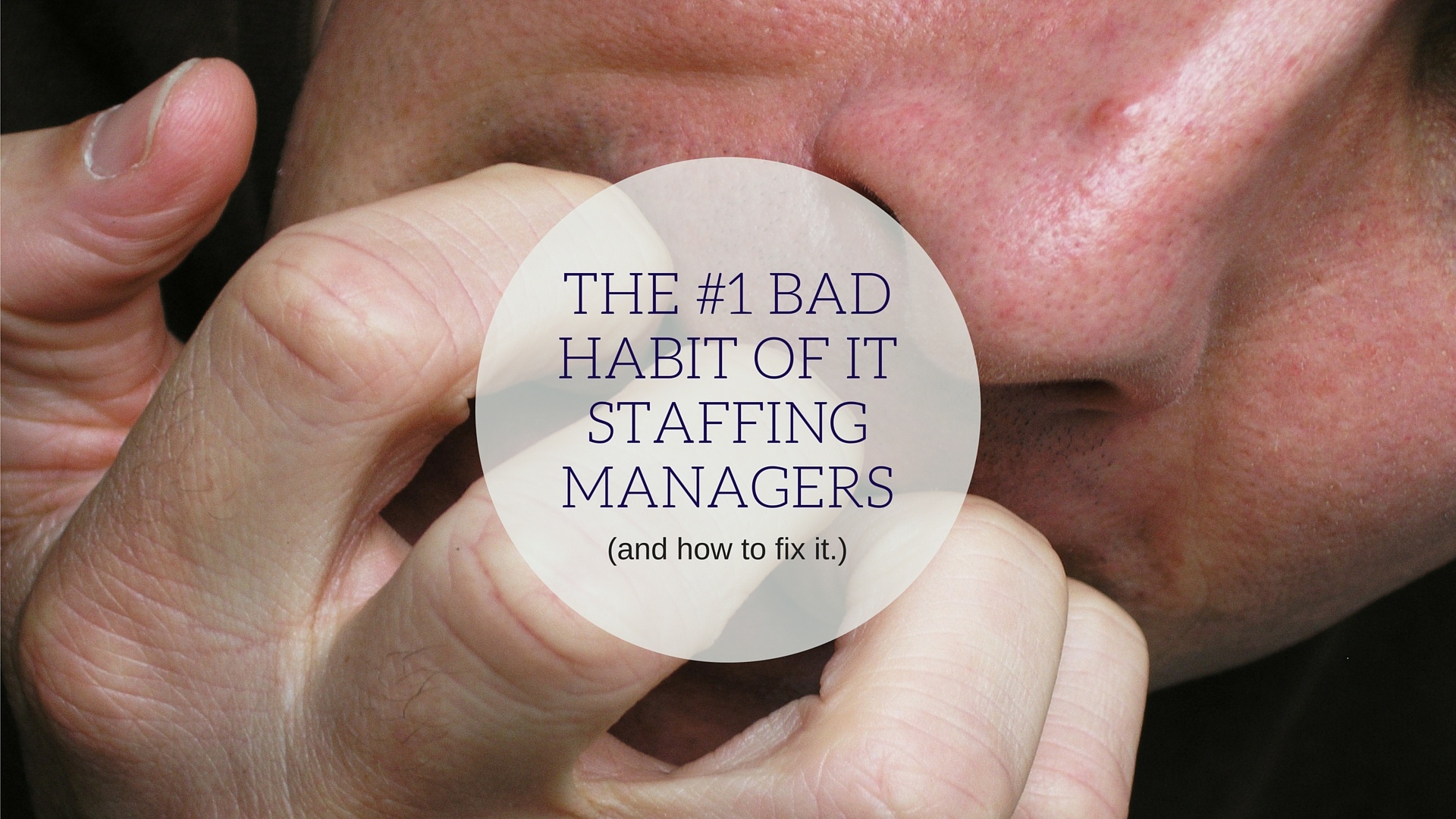The Real Reason Sales Role Play Fails—and How AI Role Play Fixes It
Yesterday, I hosted a live sales training call with a client’s sales team.
3 min read
![]() Dan Fisher
:
May 17, 2016 8:00:00 AM
Dan Fisher
:
May 17, 2016 8:00:00 AM

For the best salespeople, sales comes naturally. They take to the whole process — from making cold calls, to meeting with prospects, to communicating a value proposition, to  closing deals — like the proverbial fish to water.
closing deals — like the proverbial fish to water.
It’s very hard to tell someone not to do what comes naturally, asking them instead to focus their time and energy on an area in which they’re less comfortable. Unfortunately, this is exactly what most IT staffing firms want from their sales managers. They’re expected to maintain their own books of business while simultaneously providing ad-hoc support and coaching the members of their sales team.
(This situation is certainly not unique to the IT staffing industry. It’s common practice — though not always recommended — to promote top performers to management positions.)
Because these sales managers are more comfortable selling than coaching and training, and because their companies haven’t given them the tools to train, coach and develop their teams effectively, they revert to what comes naturally: selling.
Individual contributors, meanwhile, are left to fend for themselves.
This is especially a problem when IT staffing firms hold on to underperforming reps for too long. They figure a rep operating at 50 percent capacity is better than none at all (most firms also have a flawed hiring process). The real problem is managers are too consumed in their own sales efforts. They don’t know how to motivate, empower, inspire, coach, and develop their talent so they can meet expectations.
This “player-manager” arrangement is one of the roots of the problem most IT staffing firms find themselves in these days. As much as 80 percent of their revenue comes from one or two top-performing salespeople. The rest of the team struggles to reach quota.
Clearly, if you want your IT staffing firm to grow, you can’t rely on the sales expertise of one or two people forever.
When I first got into management, I had a very small team. My compensation plan depended on the overall profitability of the office. Because my company, like many IT staffing companies, didn’t train me how to become a good coach, it was easier to work harder on my own sales rather than coaching and developing my team.
How are you compensating your sales managers?
In IT staffing, the compensation of most “player-managers” is based on a base salary and commission plus a small override for revenue or gross profit generated by their subordinates. It is far easier for a manager to make more money by focusing on their own book of business than by focussing on coaching and development and making the entire team successful.
Instead of, essentially, paying your sales managers to ignore their teams, measure and compensate your managers on metrics like:
I have written many times about the hallmarks of an effective sales training program in the IT staffing industry. Most companies don’t follow any of these training best practices, relying instead on shadow training, expecting their reps to absorb what they can by observing their veteran managers in action.
Usually, this doesn’t work out. Reps can’t replicate their managers’ good habits because their managers can’t break down their habits into individual, easy-to-follow steps. There is no tried-and-true sales process to unify the entire team around and there is typically no plan to reinforce and sustain the desired sales behaviors
With a well-structured training program based on best practices, on the other hand, sales managers will have many more tools at their disposable for enabling their teams to meet (and exceed) expectations. They will be less uncomfortable with coaching because they will know how to coach.
If anything I’ve written here reminds you of what your IT staffing firm is going through, I’d love to hear about it in the comments section below. Let’s talk about how you structure your sales team and what works and doesn’t work. We can all learn from each other.
Sales managers who spend more time playing than coaching is one of the top-four sales mistakes preventing IT staffing firms from taking advantage of the great opportunity for growth in 2016. For the other three mistakes, and how to fix them, get your free copy of my latest ebook by clicking on the banner below.

Yesterday, I hosted a live sales training call with a client’s sales team.

1 min read
Most staffing firms don’t struggle to scale because their teams aren’t working hard. They struggle because they don’t have a real go-to-market...

In my previous post, How to Prevent Unexpected Contract Terminations, I shared how systemizing consultant and client check-ins at key milestones...